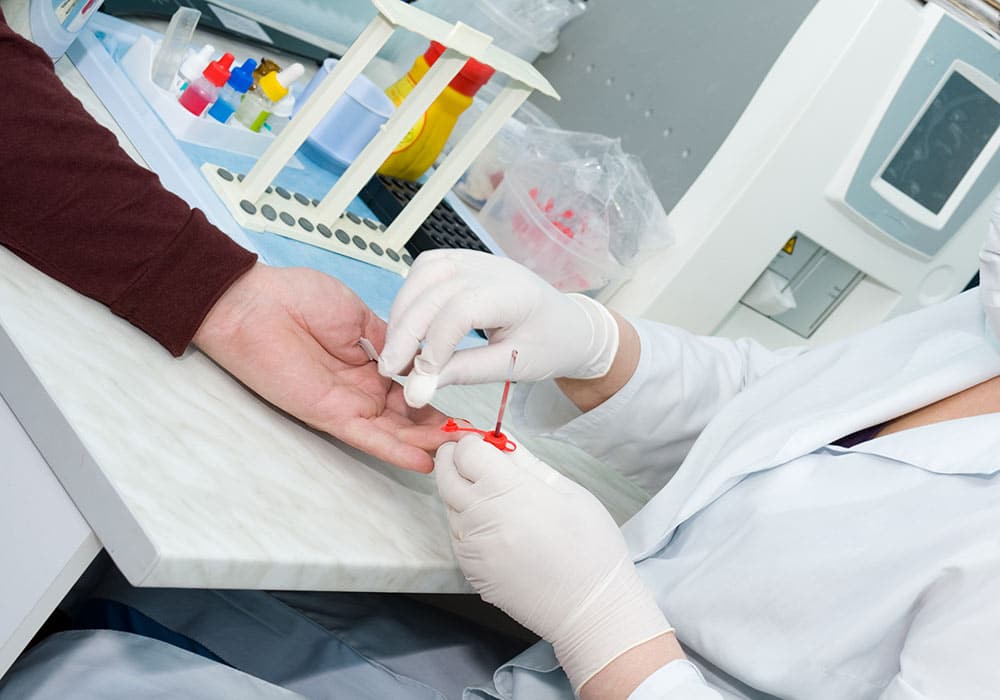
You saw a little pink in the sink after brushing your teeth. Or then again perhaps you saw blood in your mouth after flossing. What’s making your gums bleed? And, why it’s important to know?
Sometimes gum bleeds for a common reason and due to health issues. Some, similar to gum disease, are serious and warrant a call to your dentist in the near future. Others are less serious, and sometimes you can heal bleeding gums with simple changes to your everyday brushing and flossing schedule.
By and large, there isn’t a lot of blood seen when the gums are bleeding, and in many cases, the bleeding stops after a day a two. Notwithstanding, there are times when you might see significantly more blood coming from the gums, frequent bleeding, or delayed bleeding. And we would suggest you visit a gum bleeding dentist if it’s happening for an alarming length of period.
What causes these dental issues? That’s what we are going to find out.
Dental Issues That Make Our Gum Bleed
Periodontitis or Pyorrhea
Pyorrhea or Periodontitis is a serious gum disease that damages the gums and obliterates the bone that upholds the teeth.
Periodontitis is the most widely recognized reason for gum bleeding. Periodontitis, however extremely normal, is generally a preventable disease. It is generally the consequence of poor oral cleanliness.
Brushing at least twice a day, flossing, and getting normal dental check-ups will go quite far in keeping pyorrhea and oral conditions under control.
Kinds of Peridontitis
- Gum disease
It is the mildest type of gum disease. Gum disease causes aggravation and irritation of the part of your gum around the base of your teeth (gingiva), continuously creating pockets between your gums and teeth, which can be loaded up with Plaque, Tarter, and bacteria. Over the long run, these pockets might become more profound, filling them with more bacteria. If left untreated, these profound contaminations can cause loss of gum tissue and bone loss as well, and in the long run, you might lose at least one tooth.
Gum disease can be turned around with the right proficient treatment and great at-home oral care. We would suggest you search for a “gum bleeding dentist near me” before you need to get a tooth replacement.
- Chronic Periodontitis
This is a high-level type of gum disease. Gum disease, when creates pockets and prompts bone and gum loss, is known as ongoing periodontitis, influencing commonly adult patients.
- Aggressive Periodontitis
It as a rule begins in youth or early adulthood and influences very few people. Whenever left untreated, it can cause quick progression of bone and tooth loss.
- Necrotizing Periodontitis
It is classified by the death of gum tissue, tooth tendons, and supporting bone brought about by the absence of blood supply (corruption), bringing about the extreme disease.
It for the most part happens in people with a suppressed immune system, for example, from Human Immunodeficiency Virus (HIV), Cancer therapy, and Malnutrition.
Plaque Formation
Plaque can frame your teeth when sugar and starches in food cooperate with bacteria ordinarily found in your mouth. Brushing your teeth two times day to day and flossing helps eliminate plaque, yet plaque can rebuild rapidly.
Tartar Formation
Plaque can solidify and transform into calculus (Tartar) if it is left on your teeth. Tartar is more challenging to eliminate and loaded up with bacteria. The longer calculus and Tartar stay on your teeth, the more damage they cause to the teeth and gums. You can’t dispose of this tartar by brushing and flossing as proficient teeth cleaning or scaling is required to eliminate it.
Injury To Gums and Teeth
One more typical reason for gum bleeding is because of injury from aggressive teeth brushing, ill-fitting false teeth, or other sharp articles that can make gums bleed.
Oral Cancers
Loose teeth and bleeding gums can be early indications of oral cancer. Oral Cancer destroys gums and bones which can make gums bleed.
Diabetes
Swollen, bleeding gums can be an indication of diabetes. Diabetes debilitates your insusceptible reaction to disease and furthermore diminishes the recovering ability of your body and deteriorates your gum condition. Search for “gum bleeding treatment near me” if you are dealing with such health issues, as it will not go away on its own.
Vitamin C deficiency and Gum Bleeding
Vitamin C is essential for the formation of the body’s collagen filaments and helps in the recuperating and fixing of wounds. In case of the lack of Vitamin C, it can cause a disease known as scurvy and serious gum bleeding is an indication of this disease.
Lack of Vitamin K and Gum Bleeding
Vitamin K is important for the development of coagulating factors in the body. Coagulating factors are created in the liver of the human body with the assistance of vitamin K. In a condition, for example, alcoholic liver cirrhosis or hepatitis or other liver, work diseases might cause a lack of vitamin k ward thickening elements and ceaseless bleeding from gums.
Blood Disorders
Certain Blood issues, for example, Hemophilia and Thrombocytopenia cause a lack of clotting factors, and platelets separately prompt bleeding from gums.
Hormonal Changes during Pregnancy and Puberty can Cause Gum Bleeding
Hormonal changes during pregnancy and pubescence might make an overstated reaction of gums to the plaque and calculus and cause bleeding gums or in some cases, even gum can form tumor-like growth called a Pregnancy tumor.
It is prudent to visit your dentist for oral prophylaxis, teeth cleaning, and other dental issues prior to arranging a pregnancy.
Leukemia and Gum Bleeding
Leukemia or in simple terms blood cancer can cause bleeding gums which can be the earliest indication of the disease.
Leukemia prompts the lack of normal blood cells including platelets which are clot-shaping cells and cause bleeding from the gums and mouth.
As you can see, gum bleeding is not something you should avoid, especially if you have some of the above health issues. Do visit a PCP and then to the dentist to ward off both, the health and dental issues altogether.




%2520(1).png)


